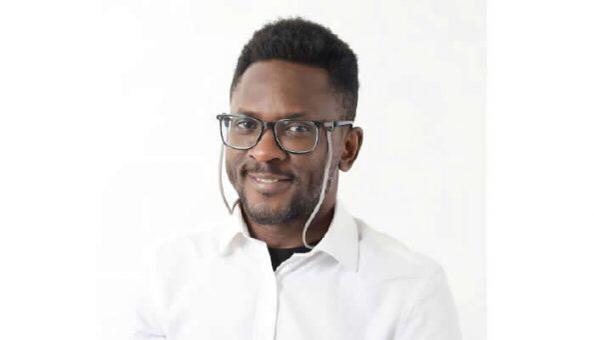Health
Nigerian Researcher Dr. Kennedy Obohwemu Unveils Groundbreaking Theories on Emotional Resilience
Dr. Kennedy Obohwemu, a distinguished UK-based Nigerian researcher, has made a significant contribution to global mental health research with the publication of his new work offering a fresh perspective on emotional resilience and self-comforting behaviors.

His latest achievement is encapsulated in the Self-Comforting Attitude Theory (SCAT) and its corresponding Self-Comforting Attitude Scale (SCAS).
The findings of his research, titled “Theory and Psychometric Development of a Survey to Measure Attitudes Towards Self-Comforting Behaviours: The Self-Comforting Attitude Scale (SCAS),” have been published in the high-impact Mental Health Prevention journal, Volume 38.
This new study builds upon and complements his previously acclaimed work, the Self-Comforting and Coping Theory (SCCT) and the Self-Comforting and Coping Scale (SCCS).
In an interview with the News Agency of Nigeria (NAN) on Saturday in Lokoja, Obohwemu explained that these combined theories and scales form a comprehensive model designed to assess both the practical application and individual perception of self-comforting.
Self-comfort refers to internal strategies individuals employ to manage emotional distress, which can include activities like listening to music, drinking, smoking, sleeping, or engaging in physical exercise, all aimed at reducing anxiety, stress, or emotional pain.
According to Obohwemu, his collective works provide a deeper understanding of emotional regulation and psychological resilience. He noted that while both SCAT and SCAS were submitted for peer review around the same time, they have now been formally published in the journal under the Elsevier stable, indexed in Scopus and Web of Science.
He further elaborated to NAN that these new tools examine the attitudes and beliefs that influence a person’s willingness to engage in self-comforting behaviors, such as mindfulness and emotional self-talk.
This development, he stated, has been met with enthusiasm by mental health professionals, educators, and researchers, who see it as a timely and culturally adaptable framework.
Obohwemu, a lecturer at Oxford Brookes University, GBS Partnership, Birmingham, UK, described the SCAT and SCAS as “ground-breaking,” offering an innovative framework for measuring how individuals perceive and evaluate self-comforting behaviors. He revealed that his research was inspired by his experiences during the COVID-19 lockdowns.
“It emphasises the importance of internal resources in managing emotional distress. In moments of crisis, people often rely on internal resources to stay emotionally afloat,” Obohwemu said.
“But whether or not they engage in those strategies depends largely on how they perceive them—whether they view self-comforting as weak or wise, indulgent or essential. That is the focus of SCAT and SCAS, which set to transform emotional wellness.”
The publication of SCAT and SCAS now completes a four-part conceptual framework known as the Self-Comforting Framework. This comprehensive framework, Obohwemu concluded, provides researchers and clinicians with essential tools to evaluate both the actions and underlying attitudes that contribute to emotional resilience.
JOIN THE CONVERSATION→ Telegram | X/Twitter | Facebook | WhatsApp|WhatsApp Channel|Mobile App|Instagram















